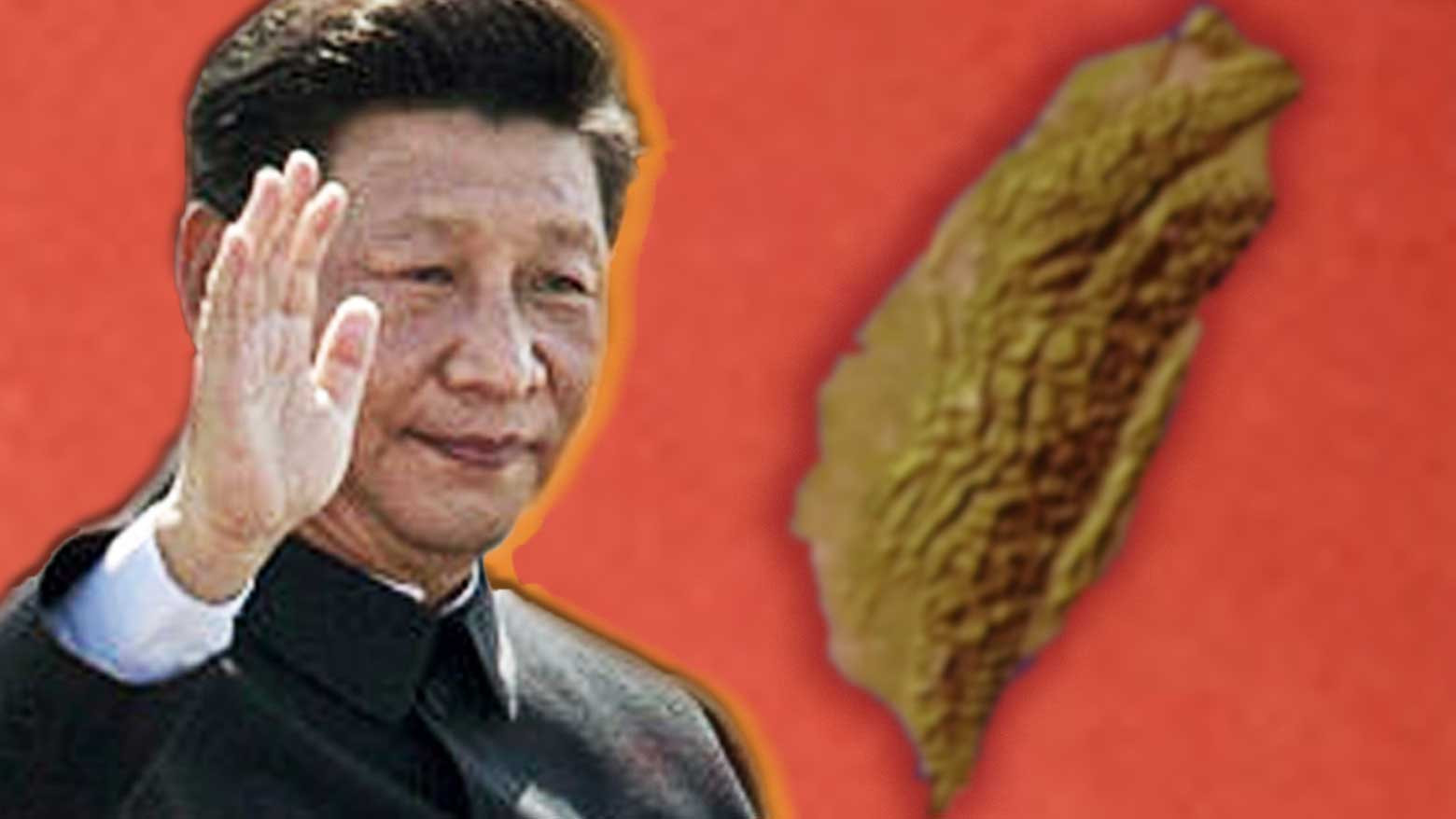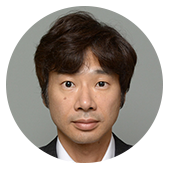Former Japanese deputy foreign minister Tanaka Hitoshi says a Chinese military operation is unlikely at this point, mainly for economic reasons. He says President Xi Jinping relies on economic growth to win his population's support for the Chinese Communist Party, or CCP.
The Russian example -- with Moscow facing severe economic sanctions from Western countries and Japan over its invasion of Ukraine -- serves as a deterrent.
Should China go ahead with any plan to take control of Taiwan with force, it too would be slapped with sanctions from the international community. Economic growth, the CCP's top priority, would be greatly impacted.
Taiwan contingency "a matter of when"?
But some foreign policy experts are still concerned that China is readying itself for a military operation against Taiwan.
Takamizawa Nobushige, a former Ambassador with Japan's delegation to the Conference on Disarmament, is one of them. Takamizawa says it is essential to understand how Chinese policymakers think, because something that seems implausible from an outside perspective can seem inevitable if interpreted with CCP logic.

Kanehara Nobukatsu, a former Assistant Cabinet Secretary, analyzes the CCP logic from the viewpoint of modern history. They regard Taiwan as territory taken by Japan in 1895 following the Sino-Japanese War. After World War Two, it came under the control of the Chinese Nationalist Party led by Chiang Kai Shek, who fled there after losing a civil war on the mainland to CCP forces. That's why they regard Taiwan's reunification as a historic mission.
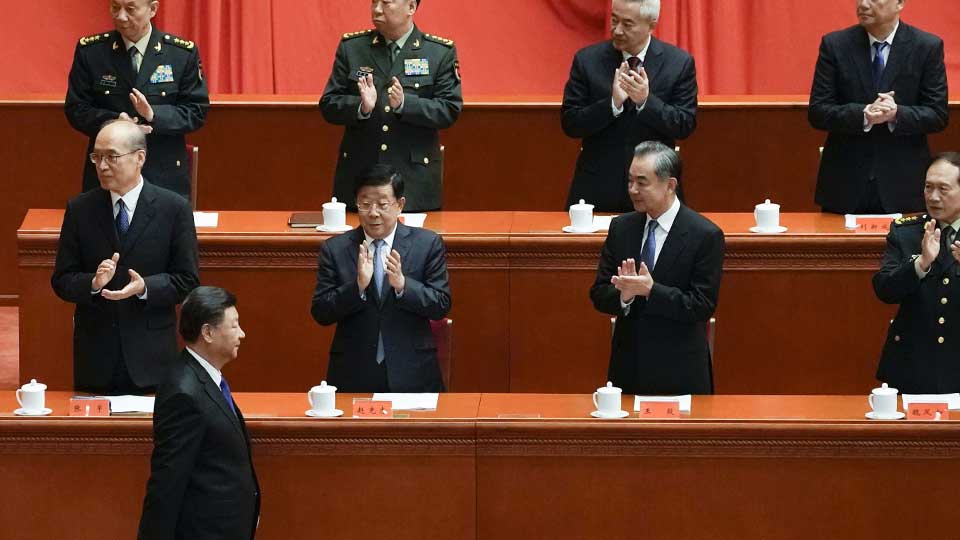
Today, Taiwan is ruled by President Tsai Ing-wen and her Democratic Progressive Party has a strained relationship with the CCP.
Kanehara says the CCP sees the recovery of Taiwan as even more valuable than Hong Kong, which was taken by Britain in the Opium War and returned to China in 1997, as the territory has consistently been under US influence since 1945.
The CCP has vowed to be on par with, or stronger, than the US by 2049 -- the party's 100th anniversary.
Former deputy foreign minister Tanaka has said, even though he believes the move is unlikely for now, but "The CCP leadership believes that unification of Taiwan is not a matter of 'whether or not.' It's more of a matter of 'when, by 2049.'"
Analysis: Masuda Tsuyoshi, NHK Senior Political Commentator
It's very unlikely, but if China attacks Taiwan, Japan would be directly affected. Japan's southern islands could get caught up in a potential war zone.
Among diplomatic and security experts I've interviewed, many believe the US would move its military to defend Taiwan because of its strategic importance, unlike the situation with Ukraine. US forces have bases in Japan under the Japan-US security treaty, and Japan has an agreement to provide logistical support.
In such a case, from a military rationale, China could blockade Taiwan by cutting off air-sea communications and setting up a vast combat zone around it.
Japan's westernmost island, Yonaguni in the Sakishima island chain, is just over 110 kilometers from Taiwan. Japan's territorial waters and airspace could become a combat zone.
Japan’s Self-Defense Forces have bases on the islands of Yonaguni, Ishigaki and Miyako. Former assistant cabinet secretary Kanehara says that it would be no surprise if China were to try to neutralize the SDF bases and, in the worst-case scenario, invade them.
Although unlikely, it is a situation for which Japan should be prepared.
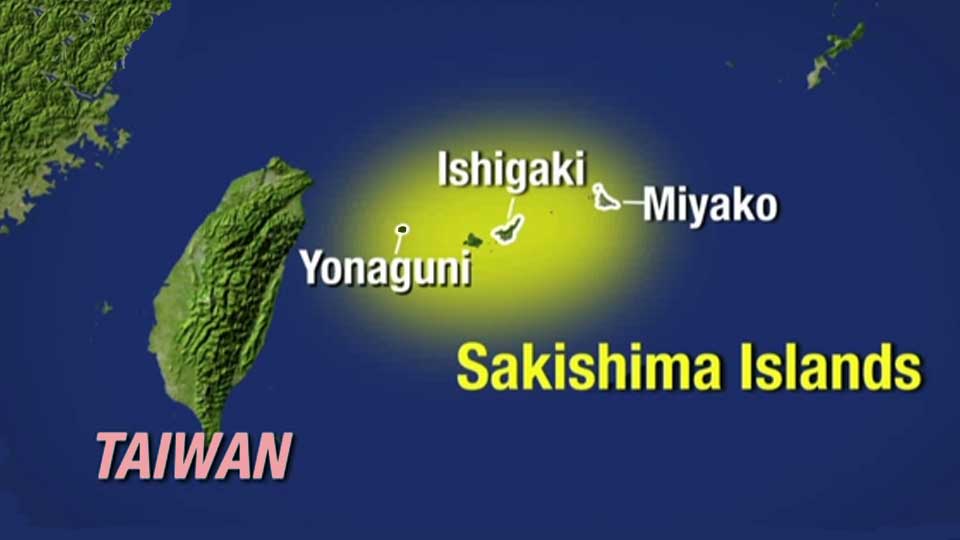
Meanwhile, some members of Japan's ruling Liberal Democratic Party think that the current level of cooperation between Japan, the US and Taiwan is insufficient. They say there seems to be no common understanding of the situation and strategic goals. They think some kind of framework is needed to discuss these issues.
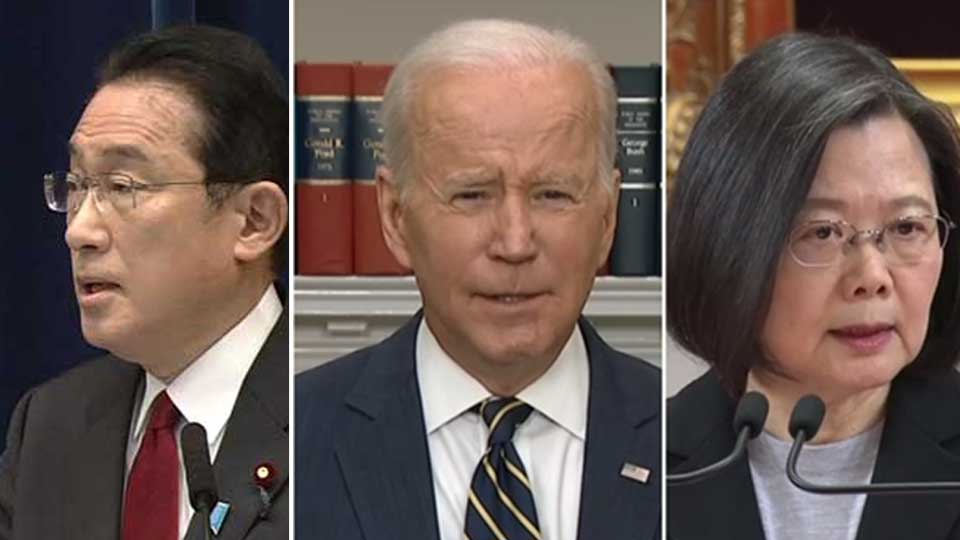
The Japanese government should also seriously consider how it would protect and evacuate the residents of the Sakishima Islands in case of an emergency.
It also needs to prepare for a large number of refugees going from Taiwan to Japan, just as millions have fled from Ukraine to Poland.
Diplomatic efforts are still important, and Japan must unite with other countries against Chinese aggression and persuade Beijing there is nothing to gain by invading Taiwan.
